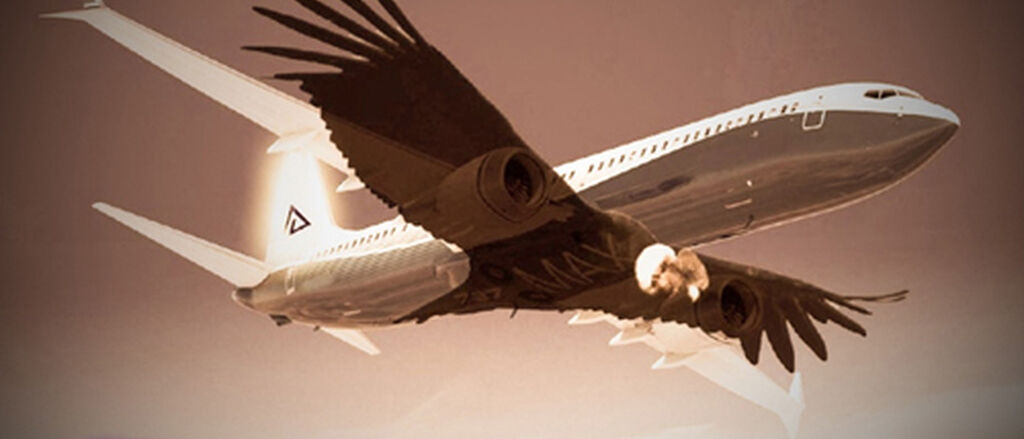
Condor – The Airline That Never Pays Out
Wednesday, February 12, 2014
If a flight is delayed in excess of 3 hours, a passenger may be legally entitled to receive EUR 250, EUR 400 or EUR 600 per person. This amount is based on the amount of time that has been lost, and is irrespective of the price of the ticket. Since 2004, air passengers are required to be compensated by the airline when they experience delays, cancellations, cases of denied boarding and rerouting. However, not all airlines follow the law and many try to avoid paying out their customers at all cost. King of the airlines who like to fob off passengers is the German air company Condor, who leaves thousands of their customers high and dry without their legal compensation each year.
Compensation? - No. Force Majeure!
According to the ECJ judgments C-402/07 and C-432/07, an airline has to compensate delayed travellers in cash. Most airlines respect the regulations and pay out their affected customers. Even though airlines like Vueling, British Airways and Transavia often do not compensate their customers at first, many of these passengers do receive a form of compensation sooner or later. But not with Condor. The German airline simply ignores the law, stating that the delay or cancellation was the result of force majeure. And Regulation states that when a delay or cancellation can be attributed to force majeure or extraordinary circumstances, no compensation is due.
An analysis of our claim data shows that Condor simply ignores customers' initial claim submittal in about 70 percent of all cases. Most of the time, it takes two to three letters to even receive any response at all from the airline. In nearly three years of our company's history, Condor has refused 100 percent of all claims submitted through the regular claims process; a singular feat and unique even for the compensation claims business. The airline cites force majeure or a late inbound flight as the root cause of the problem and refuses to pay compensation; the only way to make them pay is by going to court. By doing so, the airline hopes that the passenger gives up in fear of the high legal expenses associated with battling an airline in court.
Rather Court than Compensation
What the passenger usually doesn't know is that broken windows, defected engines and faulty hydraulics systems (Condor uses all these reasons) generally do not constitute force majeure. The term 'force majeure' is reserved for such events as adverse and extreme weather, political unrest or bird strikes. Technical problems generally fall under the operational responsibility of an air carrier, as the repairing and maintenance of aircraft is an expected part of running an air transportation company. After all, if Condor can't be said to be responsible for a broken window on their own aircraft, then who can? Perhaps Boeing can, for not producing unbreakable windows? An airline has the responsibility to perform maintenance on a regular basis in order to prevent errors and incidents that could cause cancellations or delays. Furthermore, if technical errors don't entitle passengers to compensation, nothing does.
Nevertheless, Condor chooses to take the risk of going to court over paying out affected air passengers. Only about 2 to 7% percent of all passengers who experience delays or flight cancellations decide to submit a claim. And only a handful of these passengers decide to take their claim all the way to court. Quite a lucrative business model: if a passenger is entitled to get 600 Euros from Condor and the passenger wins, the air company stilly only has to pay the full compensation plus the legal expenses, which will be an additional 280 Euros approximately. So the bottom line is that it's cheaper for Condor to reject all claims and then simply wait if any of the passengers will actually have the stamina, time and money to go to court.
No Consequences for Condor
What's most disappointing to see is that Condor is being allowed to abuse the law without any consequences. There are no regulatory mechanisms in place that make sure air companies are checked on their compliance with Regulation and that they are fined if they ignore the law. The passenger is thereby left with no assistance or support and can't rely on anyone but himself to bring justice to the airline. Third parties such as Flight-delayed.co.uk help affected travellers submit claims, and assists them throughout the legal process. And there's a positive note to this story as well: nearly all claims against Condor are successful once they are brought before a judge[1]. So in the end, it is worth all the effort.
[1] http://www.wiwo.de/finanzen/steuern-recht/flugverspaetung-auf-in-den-kampf/8156452-2.html

Written by: Team Flight Delayed



Did you like this content ?
Thanks you made our day!
Help us be better!
Well received, thanks!